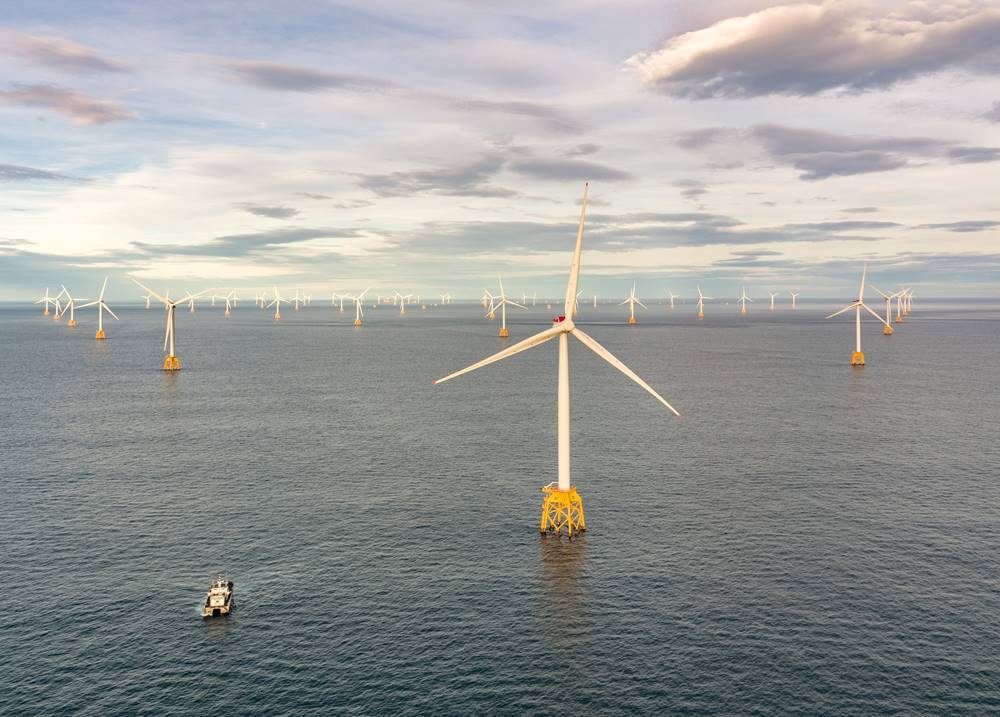New research commissioned by trade association RenewableUK has shown that offshore wind will dominate the lowest-cost electricity system in 2035.
The latest analysis conducted for RenewableUK by Aurora Energy Research shows that by 2035, an electricity system mainly powered by offshore wind will be more cost-effective for consumers than alternatives such as gas or importing power from abroad through interconnectors.
The analysis reveals that consumers would save approximately £68 per year by 2035 with a predominantly offshore wind electricity system, in contrast to a scenario where the government does not actively promote investment in clean energy.
A scenario in which the UK scraps its net zero ambitions in favour of unabated gas would leave consumers £39 worse off each year and billpayers exposed to the risk of being over £133 worse off each year if the UK were to experience sustained high gas prices.
Renewable technologies, specifically solar and wind generation, are seen as the lowest-cost forms of electricity generation and thus would protect consumers against fluctuating gas prices, as seen in the energy crisis.
The analysis highlights that wind and wider renewable energy generation technologies offer billpayers security against fluctuations in gas costs. The new offshore wind capacity governments procure in their annual auctions for clean power is secured at a fixed price, so offshore wind companies pay back to billpayers during high electricity prices.
RenewableUK’s chief executive Dan McGrail said: “Aurora’s research shows that shifting to an energy system dominated by offshore wind and renewables is the best decision for billpayers – and that’s including all the costs involved in managing the variable generation of renewables, such as storage and network upgrades.
“The UK should be much more ambitious about the number of wind farms we confirm each year, sending a positive signal to investors in new projects and manufacturers in new supply chains, as well as securing cheap electricity for billpayers and boosting our energy security.
“The research is also clear that scrapping net zero policies would leave billpayers worse off, and more exposed to volatile international gas prices.”






